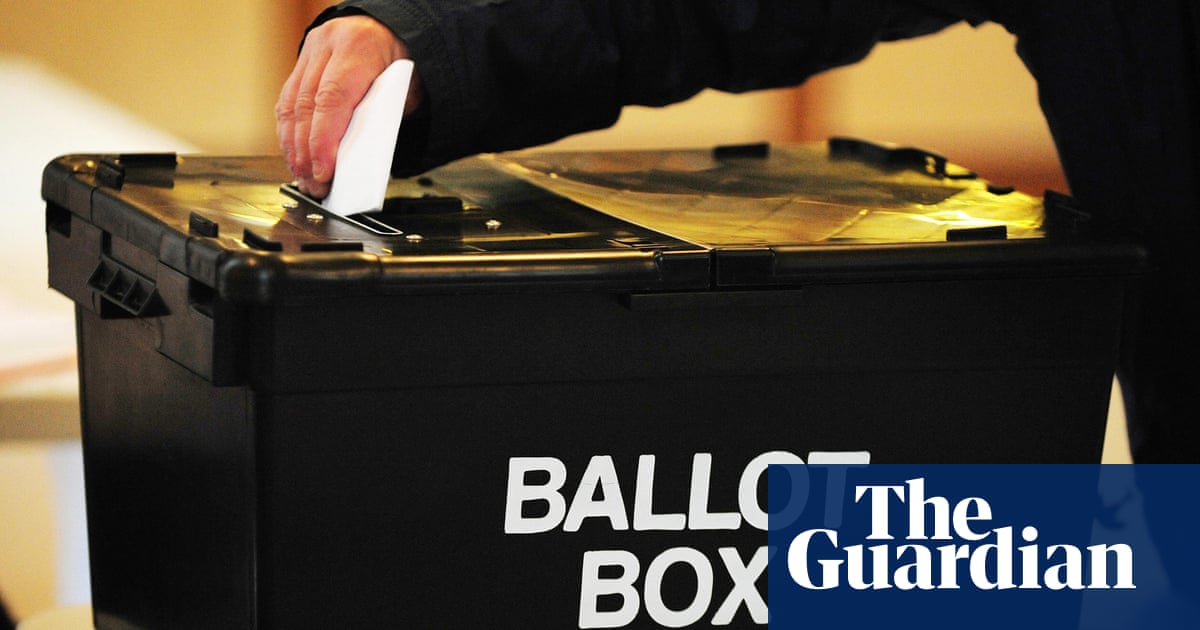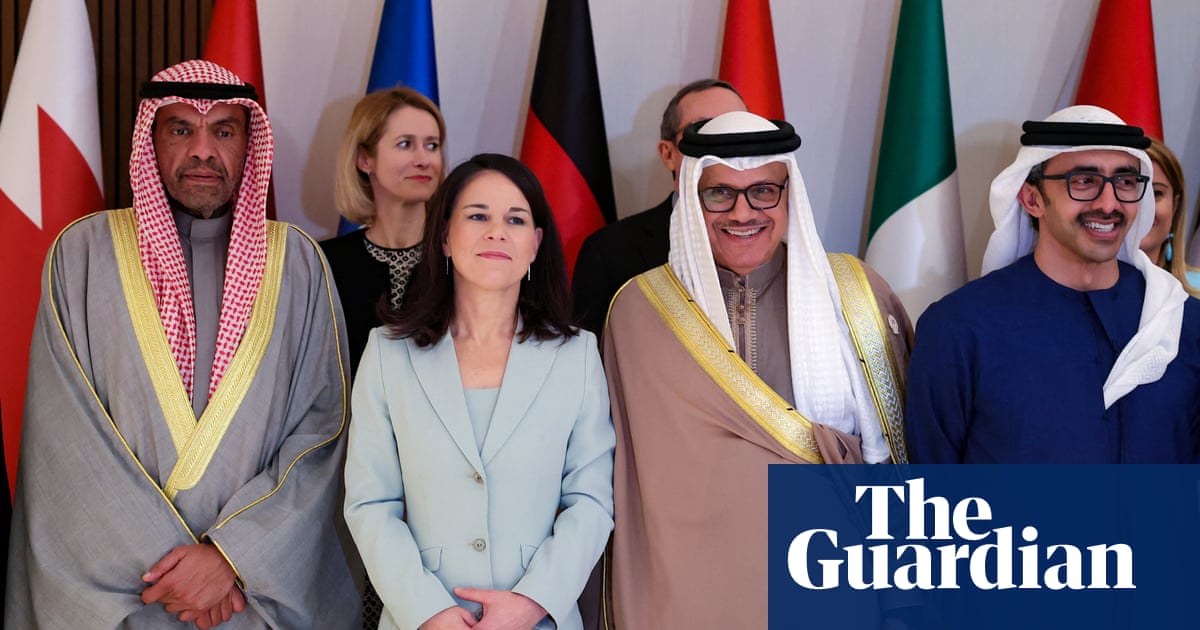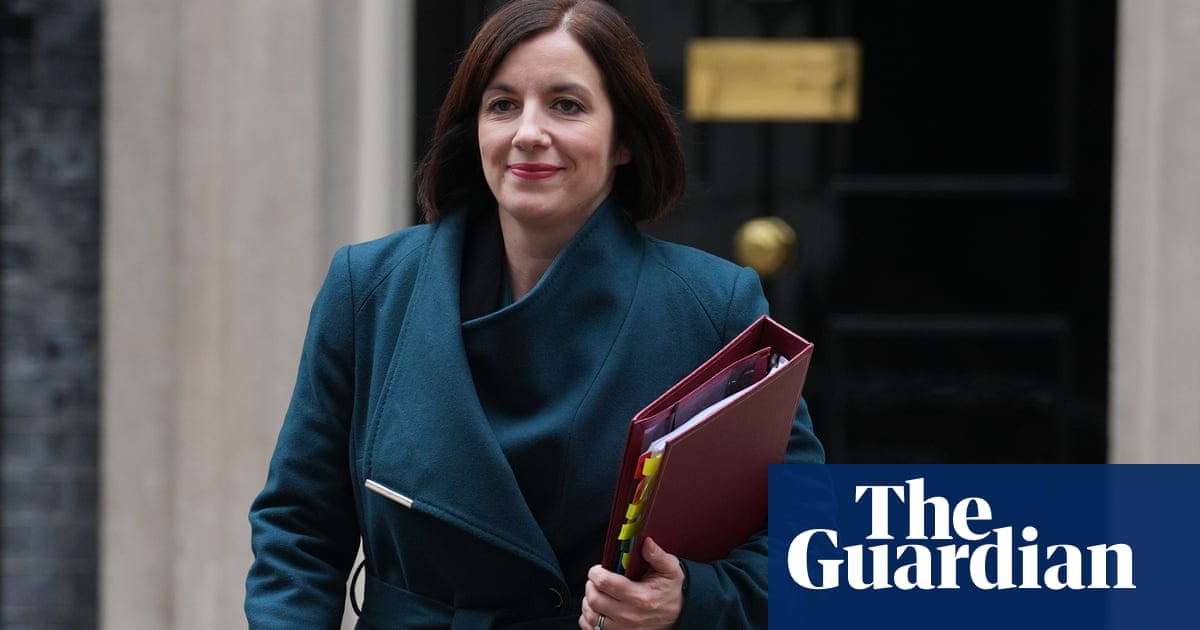Talks concerning the Parthenon marbles between Athens and the British Museum are “well advanced”, the Guardian has learned, even if officials have decided the cultural row will be low on the agenda when the prime minister, Keir Starmer, meets his Greek counterpart on Tuesday.
The fate of the classical masterpieces, which caused a quarrel last year between Rishi Sunak and Kyriakos Mitsotakis, will not be actively raised by either side when the two leaders hold their first Downing Street discussions. Starmer’s spokesperson said on Monday: “Our position on the Elgin marbles has not changed.”
But sources have said that talks between the Greek foreign ministry and George Osborne, the chair of the British Museum, are moving towards “an agreement in principle” to reunify the antiquities in Athens.
“The mood music has completely changed,” said one source close to the negotiations.
It is envisaged that any agreement will be underpinned by a cultural partnership between the two countries, with the sculptures returned to Athens and reunited with other pieces currently on display at the Parthenon galleries of the Acropolis Museum – in exchange for blockbuster art works that will take centre stage in rolling exhibitions in London.
In September, barely two months after Labour’s electoral victory, Giorgos Gerapetritis, the Greek foreign minister, told the Guardian he believed a deal was “relatively close”. Negotiations between Athens and the British Museum began in 2021.
Describing the discussions as both “frank and open” Gerapetritis said: “There is a common understanding as to how we can structure our partnership and I think with the new Labour government we will have a better opportunity to actually conclude the agreement because it will not oppose an agreement that is reached between the Greek government and the British Museum. There is a critical mass of political will.”
With the contours of a deal already outlined, negotiations are now focused on practicalities including the unprecedented step of transporting such priceless treasures from Britain to Greece, sources said.
The British Museum has exhibited the Parthenon marbles since their acquisition from Lord Elgin in 1816.
As England’s ambassador to the Ottoman empire, Elgin had ordered them to be removed from the Acropolis in circumstances that to this day remain highly contentious. Carved by Phidias, Pericles’s master sculptor, the antiquities had adorned the Parthenon’s monumental frieze since the 5th century BC.
The aristocrat claimed he had been granted a licence from Ottoman authorities to have crews of workmen remove them from the temple – a document whose existence earlier this year was contested by Turkey.
Mitsotakis has made the repatriation of the artworks a priority of his centre-right government.
But on Monday, a Greek government spokesperson denied reports that the leader had in recent weeks personally engaged in the talks with the museum or that Athens was willing to accept an agreement that acknowledged British ownership of the artefacts – the sticking point of a loan deal to date.
“There has been no private meeting of the prime minister in recent weeks linked to the sculptures as has been reported,” said the spokesperson Pavlos Marinakis. While the treasures’ restitution remained “a permanent demand … which we continue to promote as a nation, state and Greek government,” the [negotiation] process now lay with the British Museum, he told reporters.
Starmer’s official spokesperson said the marbles were “not going to be on the prime minister’s agenda” when he meets Mitsotakis on Tuesday.
“His focus will be on support for Ukraine and the urgent need for a ceasefire in Gaza. Our position on the Elgin marbles has not changed. It remains a matter for the British Museum and the government has no plans to change the law that would permit a permanent move of the Parthenon sculptures,” the spokesperson added.
Last year, in what was described as a “hissy fit” prompted by Mitsotakis comparing the fragmented sculptural frieze to the Mona Lisa “being cut in half,” the UK’s former prime minister Rishi Sunak abruptly cancelled Downing Street talks with his Greek counterpart in London. A hurried meeting was arranged with Starmer, instead, who made clear he would not stand in the way of a deal struck by the British Museum and the Greek government if Labour was voted into office.
Sunak’s diplomatic “blunder” was subsequently hailed in Greece as being an unprecedented boon for a campaign that, overnight, received more global publicity than at any other time.
A British Museum spokesperson said: “Discussions with Greece about a Parthenon Partnership are on-going and constructive.
“We believe that this kind of long term partnership would strike the right balance between sharing our greatest objects with audiences around the world, and maintaining the integrity of the incredible collection we hold at the museum.”

.png) 1 month ago
8
1 month ago
8













































